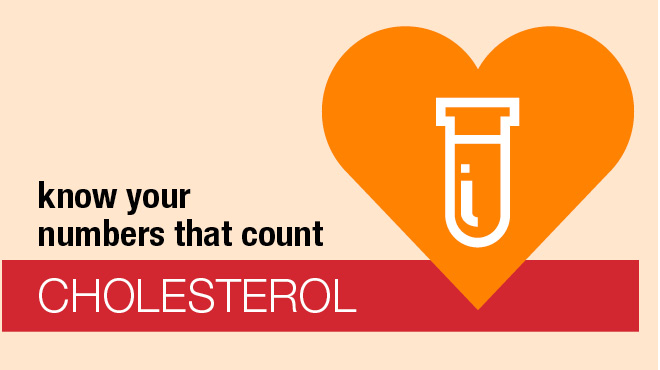
Cardiology (Heart)
- Overview
- Why Choose Us?
- Diseases & Treatment
- Diagnostic Tests
- Heart Care Services
- Prevention & Self Care
- When to Make an Appointment
- Heart Disease Risk Calculator
Recent Blogs
Congenital Heart Disease Treatment in Bloomer
Congenital heart disease is one or more problems with the heart's structure that you're born with. Congenital heart disease, also called congenital heart defect, can change the way blood flows through your heart. Some congenital heart defects may not cause any problems. Complex defects, however, can cause life-threatening complications.
Advances in diagnosis and treatment have allowed babies with congenital heart disease to survive well into adulthood. Sometimes signs and symptoms of congenital heart disease aren't seen until you're an adult.
If you have congenital heart disease, you likely will need care throughout your life. Check with your health care provider to determine how often you need a checkup. Learn more about specific types of congenital heart diseases.
Signs and symptoms
Some congenital heart defects cause no signs or symptoms. For some people, signs or symptoms occur later in life. And symptoms can return years after you've been treated for a heart defect.
Common congenital heart disease symptoms in adults include:
- Abnormal heart rhythms, or arrhythmias
- A bluish tint to the skin, lips and fingernails
- Shortness of breath
- Tiring quickly upon exertion
- Swelling of body tissue or organs
Treatment
Congenital heart disease often can be treated successfully in childhood. Some heart defects may not be serious enough to repair during childhood, but they can cause problems as you grow older.
Treatment of congenital heart disease in adults depends on how severe your heart problem is. You may simply be monitored, or you may need medications or surgery.
Watchful waiting
Relatively minor heart defects may require only occasional checkups with your health care provider to make sure your condition doesn't worsen.
Medications
Some mild congenital heart defects can be treated with medications that help the heart work more efficiently. You also may need medications to prevent blood clots or control an irregular heartbeat.
Surgeries and other procedures
Several surgeries and procedures are available to treat adults with congenital heart disease:
- Implantable heart devices — a pacemaker is a device that controls your heart rate. An implantable cardioverter-defibrillator is a device that corrects life-threatening irregular heartbeats. These devices may improve some of the complications associated with congenital heart defects.
- Catheter-based treatments — some congenital heart defects can be repaired using catheterization techniques. These treatments allow a repair to be performed without open-heart surgery. Instead, the doctor inserts a thin tube, or catheter, into a leg vein or artery, and guides it to the heart with the help of X-ray images. Once the catheter is positioned, the doctor threads tiny tools through the catheter to repair the defect.
- Open-heart surgery — if catheter procedures can't fix your heart defect, your health care provider may recommend open-heart surgery.
- Heart transplant — if a serious heart defect can't be repaired, a heart transplant may be an option.
Follow-up care
If you're an adult with congenital heart disease, you're at risk of developing complications — even if you had surgery to repair a defect during childhood. Lifelong follow-up care is important.
Follow-up care may include regular checkups and occasional bloodwork and imaging exams to screen for complications. How often you'll need to see your health care provider will depend on whether your congenital heart disease is mild or complex.
Cardiovascular surgery is performed by our world-class surgical team in Eau Claire, WI or at Mayo Clinic in Rochester, MN. Consultations, diagnostic tests, and pre- and post-operative care can be managed by your local cardiology experts. This approach ensures you receive the best heart care while minimizing travel and keeping you close to home and family. Mayo Clinic Health System is with you every step of the way, no matter the level of care needed in your health journey.


